The Great Disconnect: Founder's Investment v. Employee's Extraction
The Flawed "Sweet Spot"
Articles and messages like
THIS ONE from CEOs really get me riled up!
The recent calls by CEOs—like Cerebras's Andrew Feldman and Google's Sergey Brin—for 60-hour workweeks or "every waking minute" devotion have little to do with productivity and everything to do with cost-saving and exploitation. This "hustle culture" ignores both human biology and basic economics.
The Flawed "Sweet Spot"
The claim that 60 hours is the "sweet spot of productivity" is fundamentally flawed. Research consistently proves that for complex work:
- Productivity Peaks Early: Cognitive output peaks around 40–50 hours.
- Returns are Severe: Beyond 55 hours, the value of extra time drops dramatically. An employee working 70 hours often produces the same effective output as someone working 55.
By demanding 60 hours, CEOs extract maximum labor at a fixed, salaried cost. This is an economic maneuver to avoid the high fixed costs of hiring a new, fully-benefited team member.
Disconnect: Founder's Investment vs. Employee's Extraction
The demand for extreme sacrifice is absurd given the pay gap:
- Founder's Calculus: A founder sacrificing "every waking minute" works for a potential multi-billion-dollar equity payout. The risk is tied to an ownership reward.
- Employee's Extraction: An engineer putting in 60 hours makes the same personal sacrifice (loss of health, family time) for a fixed salary. They build the CEO's wealth without the extreme upside.
This is equity-free exploitation.
60 hours for a chance at generational wealth is an investment; 60 hours for a fixed salary is unsustainable extraction.
The Power of Boundaries
The only way to shift these expectations is by employees setting boundaries and ethical leaders setting appropriate expectations.
The demand for work-life balance is a symptom of a workforce that knows the hustle is a fallacy, it does NOT stem from laziness. Professionals are prioritizing sustainable careers over a culture that treats them as disposable.
We must shift the focus from "hours worked" to "value created." Success should be measured by efficient output, not inefficient presenteeism. By forcing a new narrative where well-being and productivity are mutually reinforcing, the value of labor can be reclaimed from a corporate narrative that equates personal sacrifice with professional virtue.



